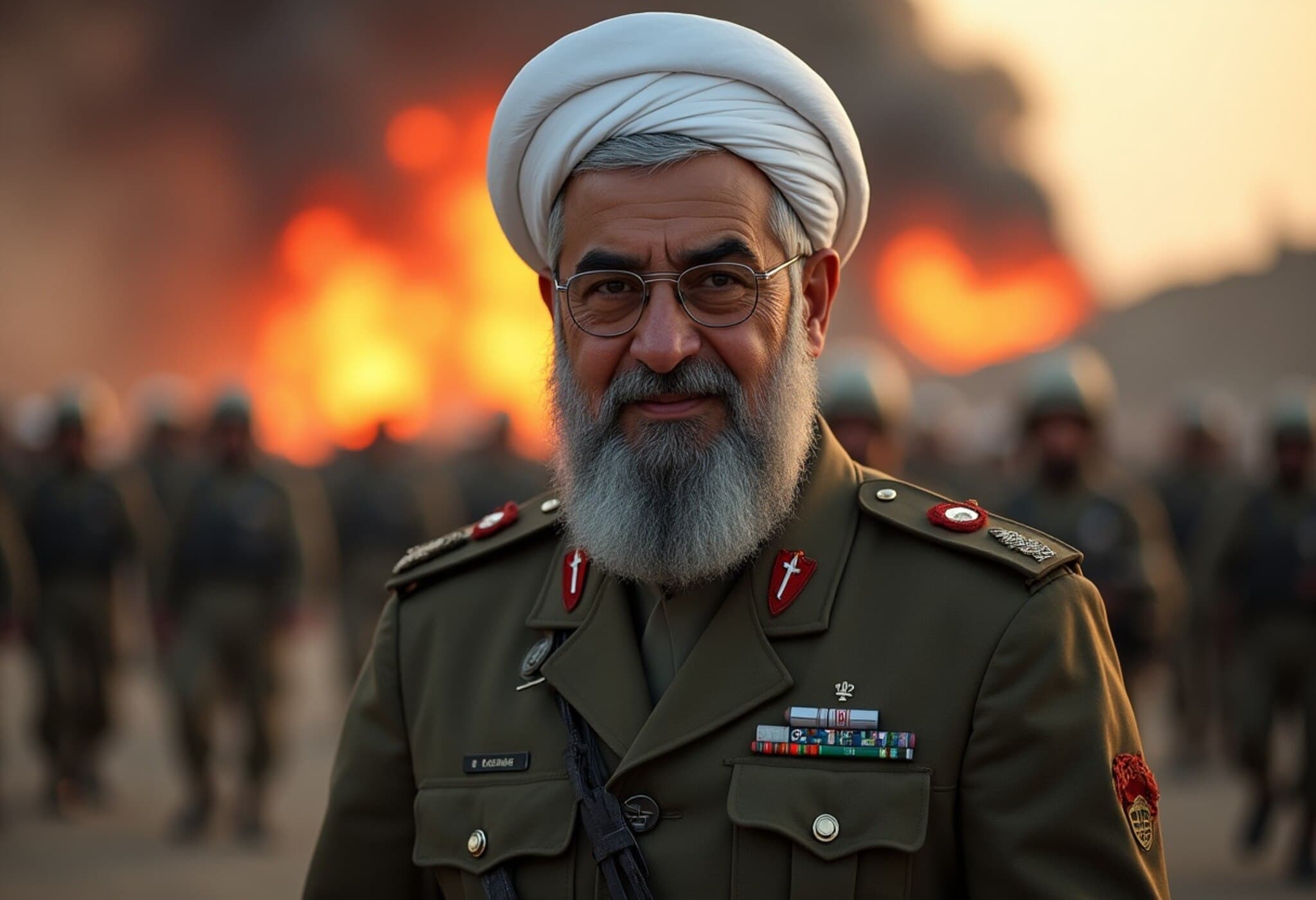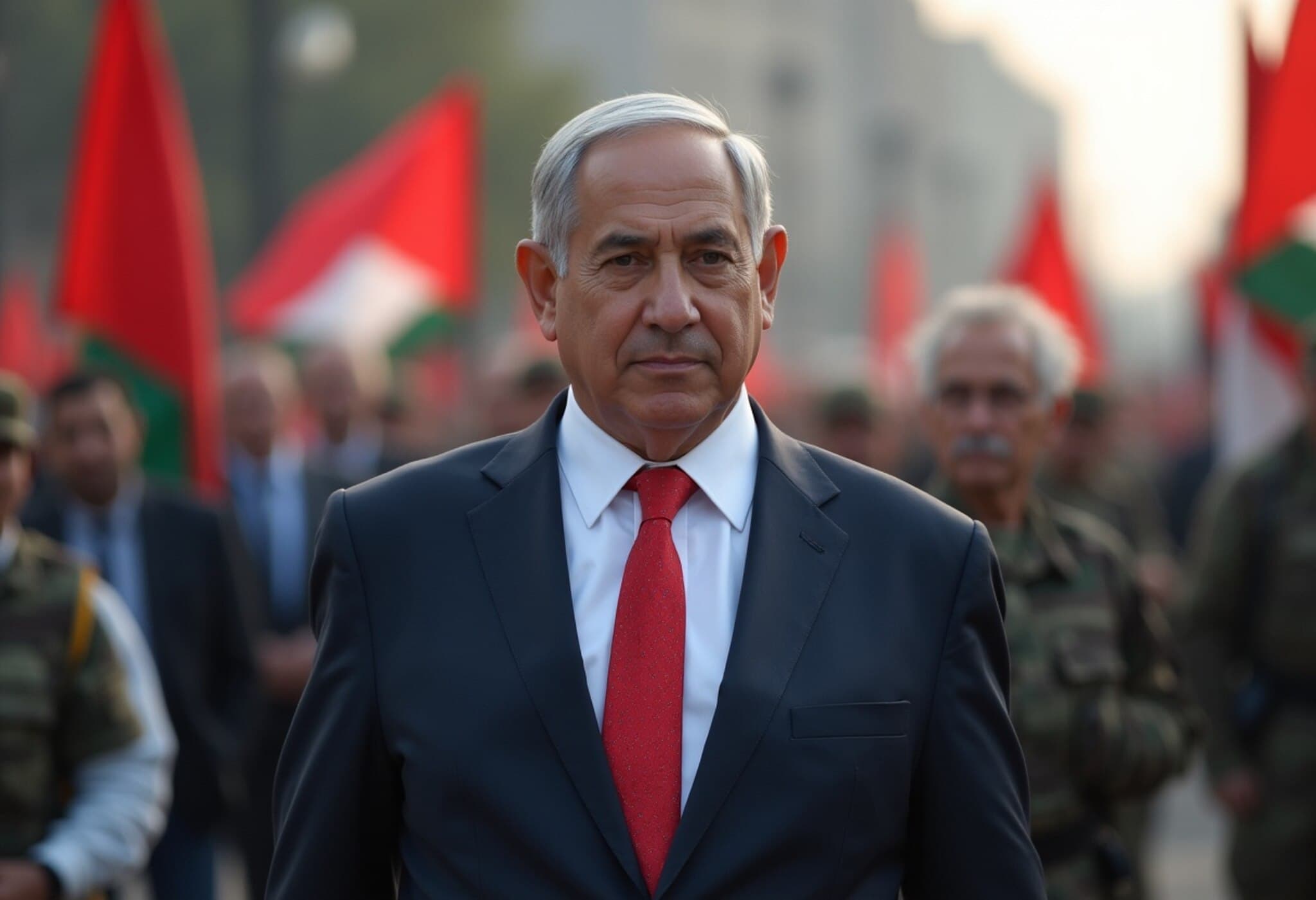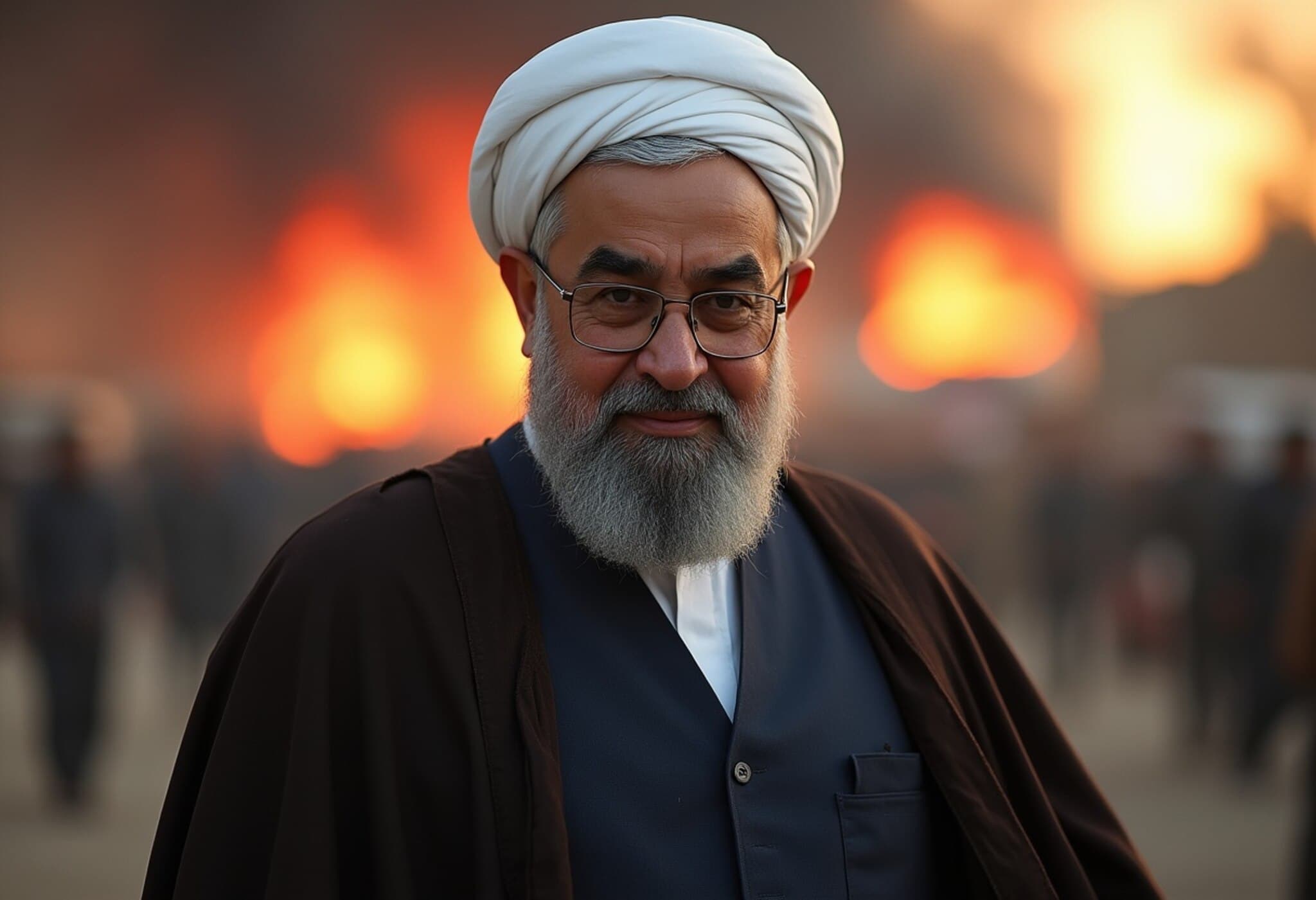Iran Executes Alleged Spy Accused of Passing Nuclear Secrets to Israel
On August 6, 2025, Iran announced the execution of Rouzbeh Vadi, a man accused of spying for Israel’s Mossad and leaking sensitive nuclear information. According to Iranian state media and the judiciary’s news agency Mizan, Vadi was associated with one of the country’s "important and sensitive organisations," though officials withheld precise details about his role.
Context of Spy Executions Amid Heightened Tensions
This execution is part of a growing series of capital punishments recently claimed by Iran against individuals found guilty of espionage for Israel. At least eight such death sentences have been carried out over the past several months, reflecting escalating tensions between Tehran and Jerusalem.
Among the allegations against Vadi were claims that his activities severely compromised Iran’s internal and external security, disrupting public order nationwide. Iranian authorities said he passed on critical intelligence concerning a prominent nuclear scientist, who was reportedly killed during Israeli strikes aimed at Iran’s nuclear infrastructure in June 2025.
The Broader Strategic Backdrop
In June, Israel launched an intensive 12-day aerial campaign targeting Iranian military commanders and key figures in its nuclear program. This operation marked one of the most direct assaults on Iran’s strategic assets in recent years. Iran retaliated by launching barrages of missile and drone strikes, underscoring the deep-rooted animosity and the ongoing covert conflict between the two nations.
Expert Analysis: What This Means for Regional Security
From an American and international policy perspective, these developments reveal the increasingly covert, high-stakes nature of the Iran-Israel rivalry. Expert security analysts highlight that Iran's publicizing of executions serves both as a deterrent against internal dissent and as a political signal of defiance toward Israel and its Western allies.
However, the opacity surrounding the specifics of Vadi’s role prompts critical questions about due process, transparency, and potential political motivations driving these espionage accusations. Human rights advocates have repeatedly condemned Iran’s use of capital punishment in espionage cases, warning that executions may be used to silence dissent or exacerbate domestic repression.
Underreported Perspectives and Regional Implications
- The human cost: The personal stories of accused spies, often overlooked, highlight the tense environment in which individuals operate under authoritarian regimes.
- Legal transparency: Details about evidence, trial procedures, and appeals in these cases remain scant, raising concerns about fairness.
- Impact on nuclear diplomacy: Such executions may harden Iran’s negotiating stance amid ongoing international efforts to rein in its nuclear ambitions.
The Road Ahead
The continued cycle of espionage allegations and retaliatory strikes between Iran and Israel presents a bleak outlook for regional stability. For U.S. policymakers and the international community, balancing pressure on Tehran with diplomatic engagement remains a challenging but crucial task.
As Tehran asserts its vigilance against perceived internal threats, the world watches closely, aware that every move in this covert chess game could ripple into wider geopolitical consequences.












